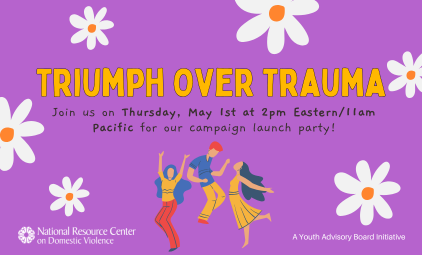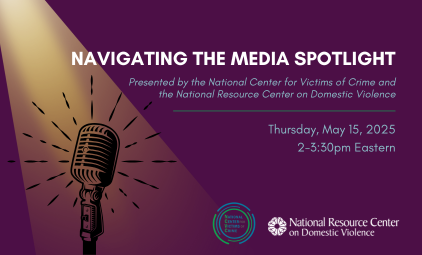This Bulletin, released as a follow-up to the 1999 SANE Development and Operation Guide for starting and administering a SANE program, provides an anecdotal look at how U.S. SANE programs are impacting sexual assault victims, service practice, and communities. It indicates that, "the SANE program can be tailored to the needs of any locality or region to provide a victim-sensitive solution to systemic gaps in the medical-legal response to these victims." (p.1)
The April 2001 Bulletin has sections describing: the benefits to victims of SANEs; SANE program development, operation, and data collection; the role of SANEs as key responders in a coordinated response (with examples from WI, NJ, TN, MI); collaboration between SANEs and victim advocates including clarification of roles and limitations; and the impact of SANE programs on law enforcement and prosecution which highlights the case Gonzalez v. State of Texas. It discusses how to get a SANE program started in your area and provides suggestions on standards, training and certification, program location, and funding issues. It highlights programs in the states of WI, OK, MN, NJ, TN, CO, and MI. Funding issues covered include hospital support and reimbursement to victims or programs for services from state or federal VOCA (Victims of Crime Act) victim compensation programs, as well as other sources. It concludes with some examples of promising practices including descriptions of: lower-cost alternatives to some standard forensic equipment; statewide protocols for colposcope and forensic equipment in NJ; regional programs in VA and AK; and a child sexual abuse diagnostic system in VA. A resource list and endnotes are included.
Comments to consider when using this material:
- RE: Prosecution. This piece highlights that thorough and standardized evidence collection provided by SANE can strengthen a state or local prosecutor's legal case on behalf of the victim; it also points out that SANEs are often considered credible witnesses in such court cases. (p.7) Regardless, if a victim of sexual assault does not recieve services from a SANE program, she or he should not be precluded from having a case be considered as viable for prosecution; this is the same for victims who do not have forensic evidence collected. For example, a rural survivor might not have transportation to get to a SANE-staffed hospital. A survivor might understandably find evidence collection to be too traumatic or invasive. The health care provider that a sexual assault victim visits might not have all the necessary forensic equipment, or, might not have SANE-trained staff, due to lack of funding or other barriers. In these and other situations, the legal system must not penalize the sexual assault victim for encountering system barriers that limit her/his access to SANE services, or, for making choices (around whether or not to participate in evidence collection) in order to minimize retraumatization.














